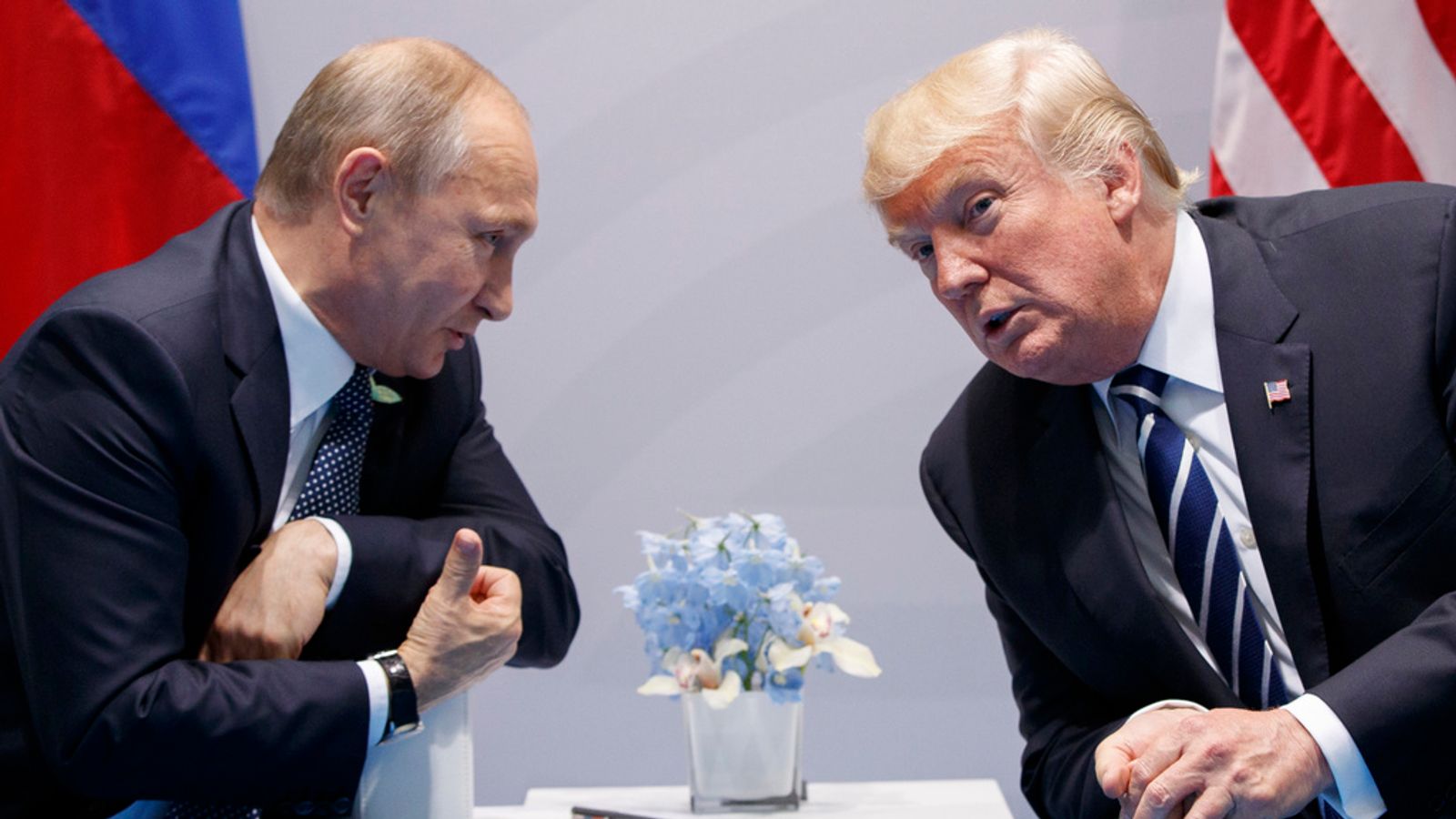Trump's Likely Picks for Top Diplomat and National Security Advisor Signal Harder Line on China and Iran

Washington D.C. - As President-elect Donald Trump begins to build his new administration, two men have emerged as top contenders for key positions: Marco Rubio, a senator from Florida who is widely tipped as the president-elect's choice for secretary of state, and Michael Walz, a Republican congressman and former special forces soldier who is expected to become Mr. Trump's top security adviser.
Both men are seen as staunch advocates for a more hawkish approach to China and Iran, with a focus on shifting US resources away from Europe and towards the Asia-Pacific region. They also share a desire to negotiate a settlement in the Ukrainian conflict, rather than continue to provide significant financial and military support to Ukraine in its efforts against Russia.
Rubio, who serves as vice chair of the Senate Intelligence Committee, has made clear that he is not on Russia's side and expressed a willingness to entertain negotiations with Russian President Vladimir Putin. He told NBC in September that "unfortunately, the reality of it is that the way the war in Ukraine is going to end is with a negotiated settlement."
Walz, who co-wrote an article for The Economist outlining his vision for achieving this settlement, argued that economic leverage and the threat of greater military support could be used to pressure Putin into negotiations. He wrote that requiring Ukraine to remain an independent state, closely tied to the West, would be a "strategic defeat" for the Russian leader.
Should Rubio become secretary of state, he is expected to take a very hard line on Iran, diverging from the approach of his predecessor, Anthony Blinken. The senator has expressed frustration with US reliance on European allies to protect them and has advocated for a more aggressive posture towards the Iranian regime.
Both Rubio and Walz are seen as strong proponents of this harder line, which signals a significant shift in US foreign policy under Mr. Trump's administration. The implications of their appointment for US relations with China, Iran, and Russia will be closely watched in the months to come.
